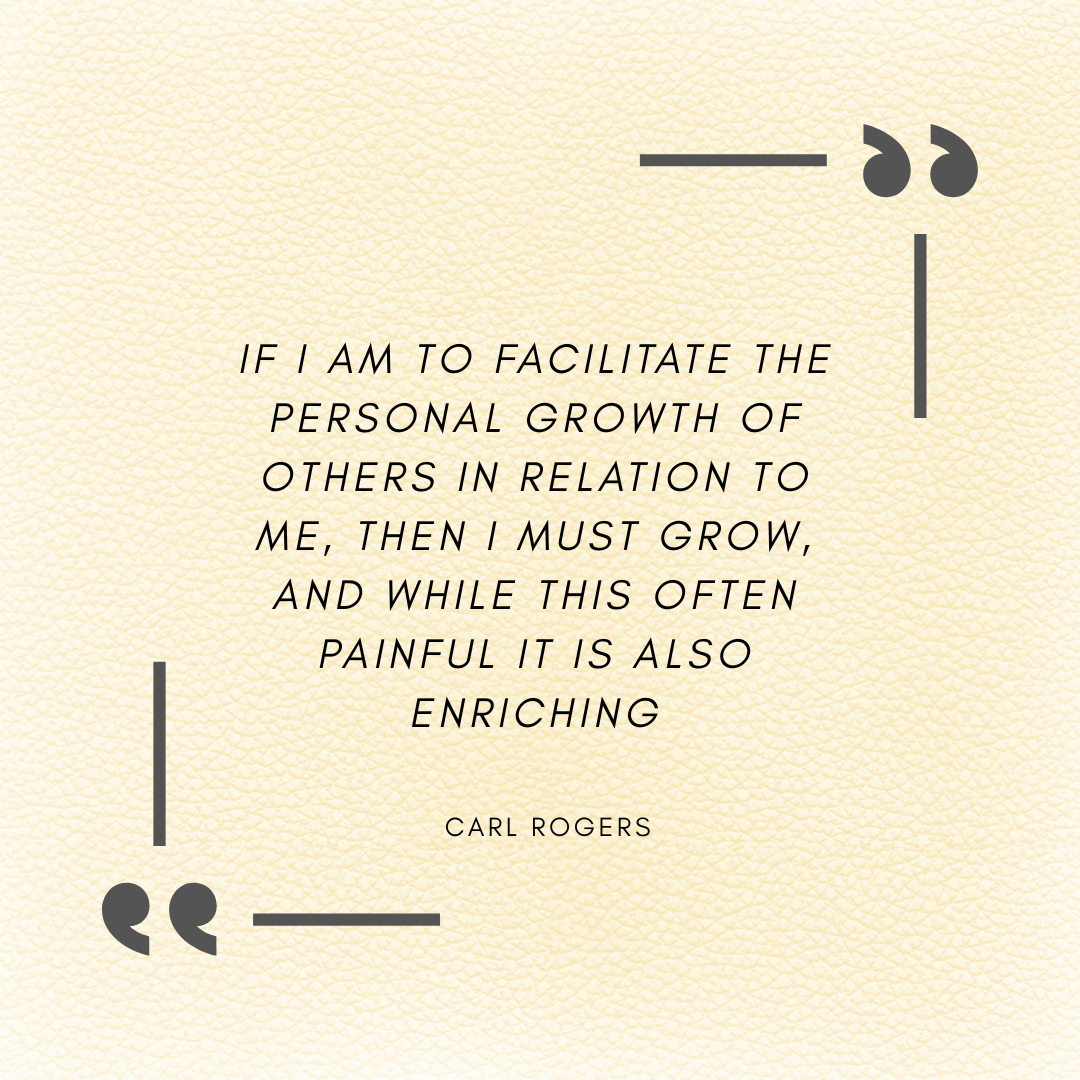Thinking About Training as a Person-Centred Counsellor? Here’s What You Need to Know
If you’re considering a career in counselling and are drawn to helping others through empathy, understanding, and genuine connection, then person-centred counselling might be the path for you. Whether you’re fresh out of school, looking for a career change, or simply feel a calling to support others, this approach offers a deeply rewarding journey—both professionally and personally. In this blog, we’ll break down what training involves, what makes the person-centred approach unique, and what you can expect as a student entering this transformative field.
What Is Person-Centred Counselling?
Developed by Carl Rogers, person-centred counselling is based on the belief that people have an innate ability to grow and overcome difficulties when they are in a supportive, non-judgmental environment. Rather than diagnosing or giving advice, the counsellor’s role is to create a space where clients can explore their feelings and experiences openly. Three key principles guide this approach:
- Empathy – deeply understanding the client’s world from their perspective
- Congruence – being real and transparent in the relationship
- Unconditional Positive Regard – accepting and valuing the client without judgment
Your Training Journey: What to Expect
Step 1: An Introductory Course
Most students begin with a short Introduction to Counselling Skills course. This gives you a feel for what counselling involves and helps you decide whether to pursue further training.
Step 2: Certificate and Diploma Level Training
To become a qualified person-centred counsellor, you'll usually complete:
- A Level 2 or 3 Certificate – covering core skills and theory
- A Level 4 Diploma in Person-Centred Counselling – the main professional qualification
Training is typically part-time over 2 to 3 years, allowing students to study while working or managing other responsibilities.
What You'll Learn
- Counselling theory and ethics
- Active listening, reflection, and non-directive skills
- Self-awareness and personal development
- Real-world experience through supervised placements
- Reflective practice via personal journals and peer discussions
The Personal Growth Element
One of the most unique aspects of person-centred training is how much personal development is built into the process. You won’t just learn how to support others—you’ll also be exploring your own emotions, values, and experiences. This journey can be challenging, but it’s also deeply rewarding. Many students say they leave training not just with new skills, but as more grounded and self-aware people.

Is This the Right Path for You?
Ask yourself:
- Do I enjoy listening and being present for others?
- Am I willing to look inward and grow emotionally?
- Do I value empathy, authenticity, and acceptance?
- Am I patient and comfortable with a non-directive approach?
If you answered yes, person-centred counselling could be a perfect fit.
Common Questions from New Students
Do I need a psychology degree to start?
No. Many counselling students come from completely different backgrounds. The field values life experience, empathy, and commitment just as much as academic credentials. What careers can this lead to?
Graduates go on to work in private practice, mental health services, schools, charities, and more. Some also combine counselling with coaching, social work, or health professions. Is this emotionally hard work?
Yes, it can be. You’ll hear tough stories and face your own emotional challenges. But with proper support, supervision, and self-care, it’s also some of the most meaningful work you can do.
Final Thoughts
Training as a person-centred counsellor is a journey of discovery—about people, about relationships, and about yourself. As a student, you’ll gain more than a qualification; you’ll learn how to be fully present with others in a way that can transform lives. If you’re feeling the pull to help, to listen, and to grow, this might be the beginning of a powerful new chapter.


